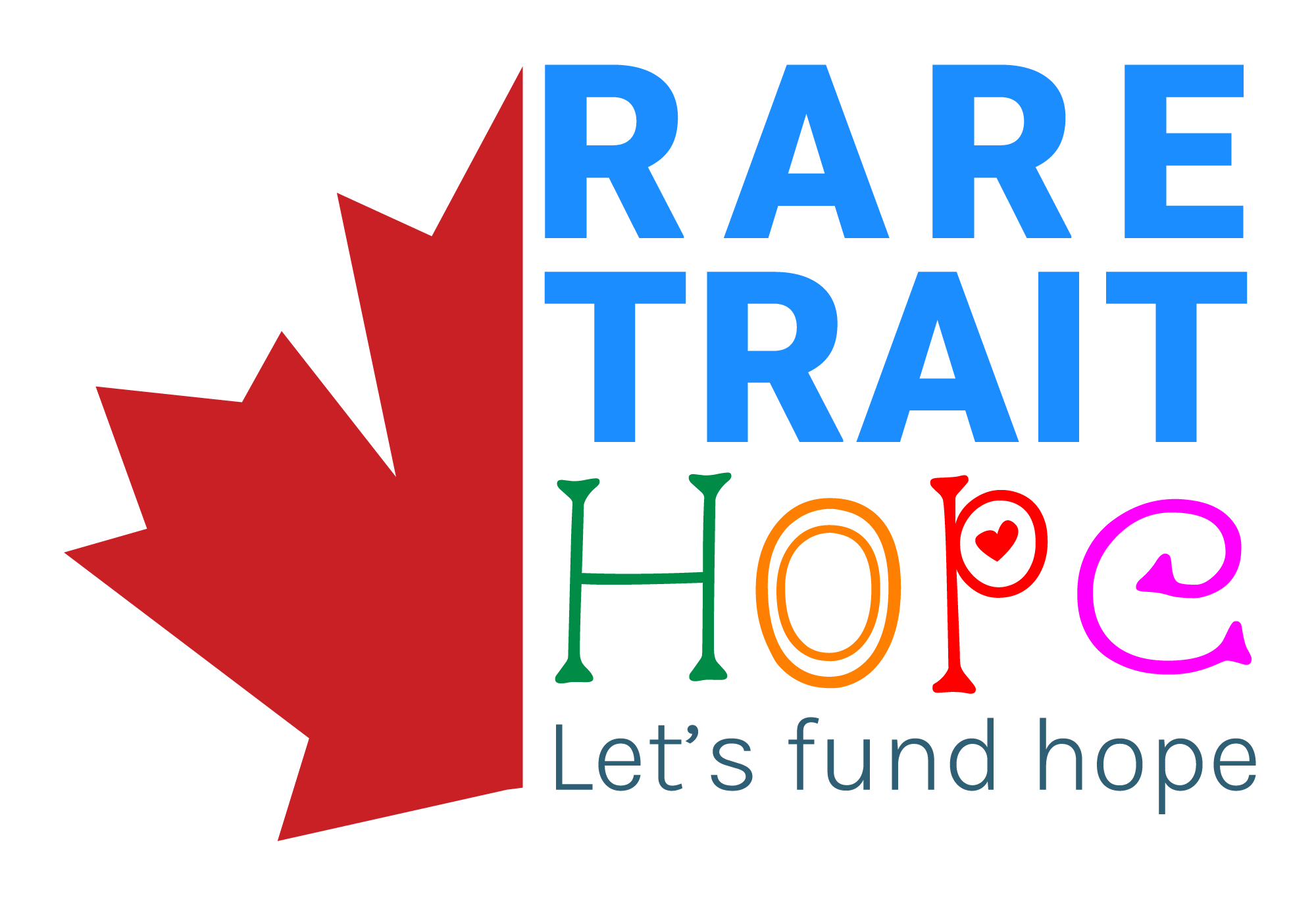Clinical Signs
AGU babies look healthy and infancy is normal. Once born, girls may have umbilical and boys inguinal hernias, as well as respiratory infections and periods of diarrhea. Early growth spurts usually occur during the first months of life. Initial symptoms are language/speech delay and clumsiness, which appear between two and five years of age. There may be recurring infections. As the disorder progresses, language skills are affected the most. Children continue to develop until their early twenties, but the learning occurs at a slower rate.
The usual diagnosis for a school age child is ADHD, autistic spectrum disorder and/or language/auditory processing disorders.
Intellectual disability progressively worsens in adolescence. Most people with this disorder lose much of the speech they have learned and affected adults usually have only a few words in their vocabulary. Adults with AGU may develop seizures or problems with movement.
All patients excrete early large amounts of aspartylglucosamine in their urine. Biochemical screening tests are easily done by urine chromatography in certified labs only. Genetic testing can establish the diagnosis.
| Life Period (Years) | Level of Mental Retardation | Speech | Self Help | Motor Skills | Personality | Growth | State of Health |
|---|---|---|---|---|---|---|---|
| 0-2 | Normal | Normal | Normal | Stiffness in hips | A kind and easy baby | Growth spurt +1- +2sd | Normal health |
| 2-6 | Subnormal | Delayed | Normal | Walks clumsily | Well behaved | +1sd | Respiratory, infections, diarrhea |
| 6 – 10 | Mild | Unclear | Able to dress/undress | Can bike | Fussy | 0 – +1sd | Benign subcutaneus tumors |
| 10 – 12 | Mild/ moderate | Clear | Able to do some shopping and move in familiar areas | Can ski, not skate | Kind/stubborn and talkative | Slight and short pubertal growth spurt, early menarche, macroorchidism | Arthritis rheumatoid |
| 12 – 16 | Moderate/severe | Clear | No change | No change | Fond of children, joyful, good mood | Growth ceases | Psychotic periods, epileptic seizures |
| 16 – 20 | Severe/moderate | Soft | No change | No change | Tend to withdraw, fond of parents, not interested in opposite sex | Girls gain weight | Restless sleep/sleep disorder, confusion periods |
| 20 – 25 | Severe | Vocabulary decreases | No change | No more biking or skiing | Calm | Normal weight | Restless sleep / sleep disorder, confusion periods |
| 25 – 35 | Profound | Quiet, answers when asked | Active and passive periods | Can walk without a goal | Inactive, confused | No change | Bursitis, osteoporosis |
| 35 – 45 | Profound | Only a few words | Needs help, can eat self | Legs seem not to respond, poor balance | Sit still for hours, angry when disturbed | Lose weight | Orofacial dystopia |
| 45+ | Profound | No speech | Needs diapers | Wheelchair | Quiet | Malnutrition, underweight | Abcesses, fistula of skin, diarrhea, anemia, psychiatric symptoms, heart insufficiency |
